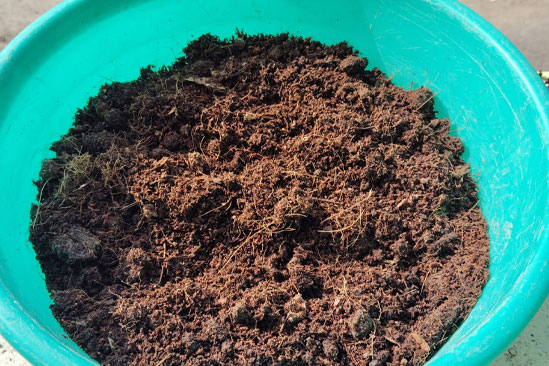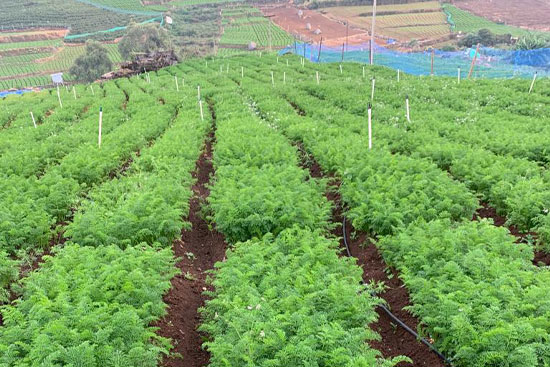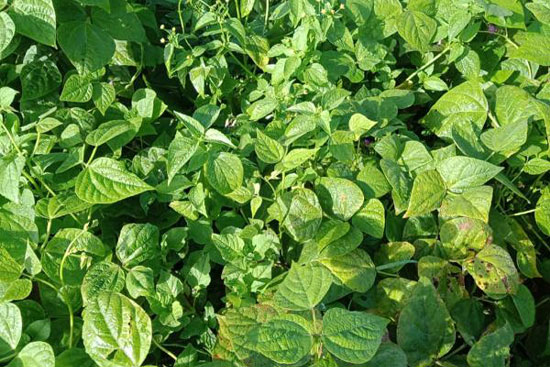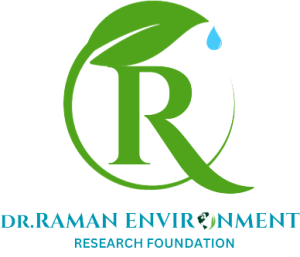Organic Agriculture
Organic agriculture is a production system that sustains the health of soil, ecosystems and people. It relies on ecological processes, biodiversity and cycles adapted to local conditions, rather than the use of inputs with adverse effects.
Organic farming, also known as ecological farming or biological farming, is an agricultural system that uses fertilizers of organic origin such as compost manure, green manure, and bone meal and places emphasis on techniques such as crop rotation and companion planting. Though it was the original method of agriculture, but became popular in early in the 20th century in reaction to rapidly changing farming practices. Organic farming continues to be developed by various organizations today. Biological pest control, mixed cropping, and the fostering of insect predators are encouraged. Organic standards are designed to allow the use of naturally-occurring substances while prohibiting or strictly limiting synthetic substances. For instance, naturally-occurring pesticides such as pyrethrin are permitted, while synthetic fertilizers and pesticides are generally prohibited. Synthetic substances that are allowed include, for example, copper sulfate, elemental sulfur, and ivermectin. Genetically modified organisms, nanomaterials, human sewage sludge, plant growth regulators, hormones, and antibiotic use in livestock husbandry are prohibited. Organic farming advocates claim advantages in sustainability, openness, self-sufficiency, autonomy and independence, health, food security, and food safety.
Organic agricultural methods are internationally regulated and legally enforced by transnational organizations (as European Union) and many nations, based in large part on the standards set by the International Federation of Organic Agriculture Movements (IFOAM), an international umbrella organization for organic farming organizations established in 1972.
Since 1990, the market for organic food and other products has grown rapidly, reaching $63 billion worldwide in 2012. This demand has driven a similar increase in organically managed farmland that grew from 2001 to 2011 at a compounding rate of 8.9% per year.
As of 2020, approximately 75,000,000 hectares (190,000,000 acres) worldwide were farmed organically, representing approximately 1.6% of total world farmland.
Organic farming can be beneficial on biodiversity and environmental protection at local level. However, because organic farming has sometimes lower yields compared to intensive farming, additional agricultural land is needed elsewhere in the world, which means that natural and forest land has to be converted into agricultural land. This can cause loss of biodiversity and negative climate effects that sometimes outweigh the local environmental gains achieved.






Organic farming, also known as ecological farming or biological farming, is an agricultural system that uses fertilizers of organic origin such as compost manure, green manure, and bone meal and places emphasis on techniques such as crop rotation and companion planting. Though it was the original method of agriculture, but became popular in early in the 20th century in reaction to rapidly changing farming practices. Organic farming continues to be developed by various organizations today. Biological pest control, mixed cropping, and the fostering of insect predators are encouraged. Organic standards are designed to allow the use of naturally-occurring substances while prohibiting or strictly limiting synthetic substances. For instance, naturally-occurring pesticides such as pyrethrin are permitted, while synthetic fertilizers and pesticides are generally prohibited. Synthetic substances that are allowed include, for example, copper sulfate, elemental sulfur, and ivermectin. Genetically modified organisms, nanomaterials, human sewage sludge, plant growth regulators, hormones, and antibiotic use in livestock husbandry are prohibited. Organic farming advocates claim advantages in sustainability, openness, self-sufficiency, autonomy and independence, health, food security, and food safety.
Organic agricultural methods are internationally regulated and legally enforced by transnational organizations (as European Union) and many nations, based in large part on the standards set by the International Federation of Organic Agriculture Movements (IFOAM), an international umbrella organization for organic farming organizations established in 1972.
Since 1990, the market for organic food and other products has grown rapidly, reaching $63 billion worldwide in 2012. This demand has driven a similar increase in organically managed farmland that grew from 2001 to 2011 at a compounding rate of 8.9% per year.
As of 2020, approximately 75,000,000 hectares (190,000,000 acres) worldwide were farmed organically, representing approximately 1.6% of total world farmland.
Organic farming can be beneficial on biodiversity and environmental protection at local level. However, because organic farming has sometimes lower yields compared to intensive farming, additional agricultural land is needed elsewhere in the world, which means that natural and forest land has to be converted into agricultural land. This can cause loss of biodiversity and negative climate effects that sometimes outweigh the local environmental gains achieved.
